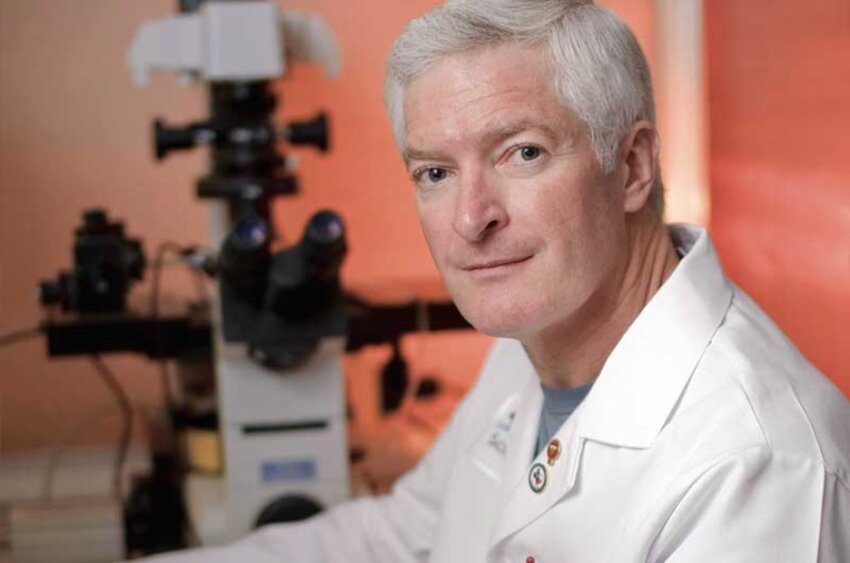The Craniofacial Oral-Biology Student Training in Academic Research (COSTAR) T32 program funded through the National Institutes of Health and National Institute of Dental and Craniofacial Research has been renewed, with a renewal score of a perfect ten. During its previous renewal, the grant application received a near perfect score of 11. This national program focuses on creating the next generation of clinician-scientists to ensure the future of the nation’s oral health.
“This amazing score on this training grant speaks to the quality of the program and program leadership as well as our stellar training faculty and students,” said David Weiss, PhD, dean of the Graduate School of Biomedical Sciences. “It is also a wonderful example of a strong collaboration between the School of Dentistry and the Graduate School of Biomedical Sciences.”
The COSTAR program is in its 22nd year of the T32 grant and is one of only 17 universities in the country to have funded dental T32 programs. The COSTAR program has trained 17 DDS/PhD students, 28 PhD students and 16 postdoctoral fellows.

The program is led by Ken Hargreaves, DDS, PhD, program director, DDS/PhD track director, and endodontics department chair; Stephen E. Harris, PhD, postdoctoral track director, professor Department of Periodontics; Brian Wickes, PhD, PhD track director, professor in the Department of Microbiology, Immunology and Molecular Genetics; Cara Gonzales, DDS, PhD, postdoctoral track director, associate professor in the Department of Comprehensive Dentistry; and Shivani Ruparel, PhD, associate professor and director of research in the Department of Endodontics.
The COSTAR mission is to train a cadre of highly skilled, interactive scientists who can successfully address the expanding opportunities in dental, oral and craniofacial research. Through the most recent renewal, the COSTAR program is able to provide research training for exceptionally motivated trainees through a dual-degree DDS/PhD program (3 training positions), PhD program (4 positions plus 1 position funded by the Graduate School of Biomedical Sciences), or postdoctoral fellowship program (3 positions).
COSTAR has been successful in the implementation of novel training initiatives to address the national shortage of dental clinician-scientists. Over the last 15 years, 82% (50/61) of COSTAR trainees have pursued careers in science research, teaching or are still in training. Additionally, 92% of entering dentist-scientist trainees have graduated with the dual DDS/PhD degrees. The COSTAR program leadership continue to be committed to, and excited about fostering and diverse and inclusive dental clinician-scientist community.
Learn more about the COSTAR program at https://costar.uthscsa.edu.

